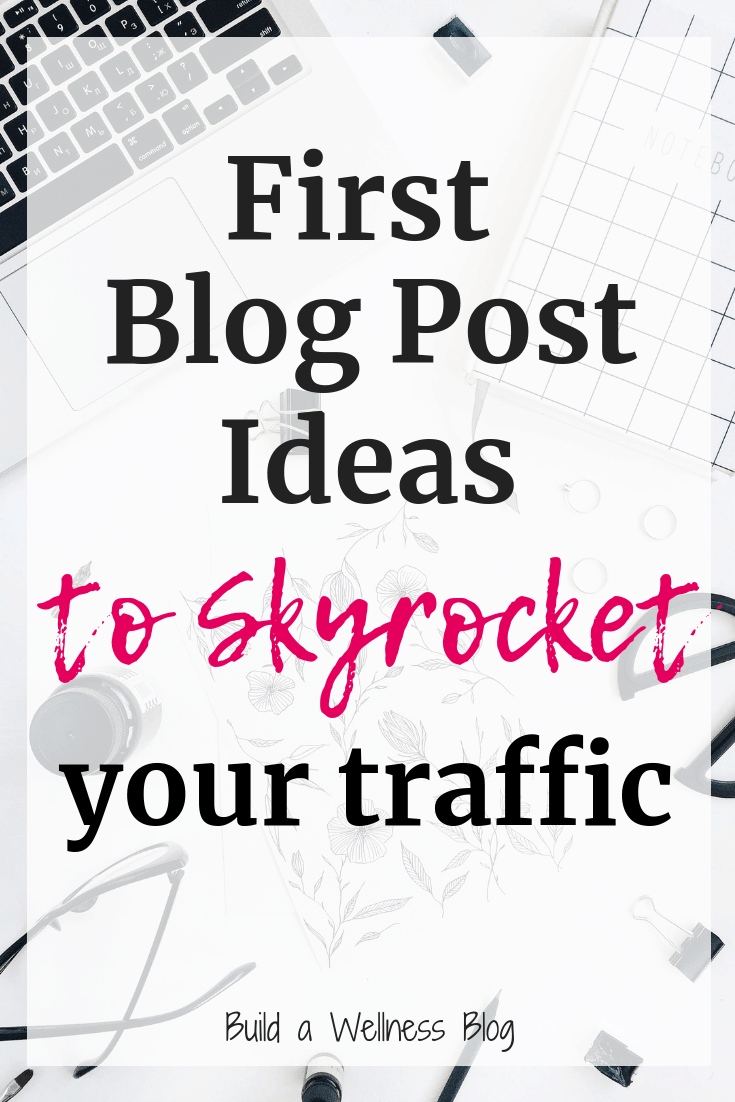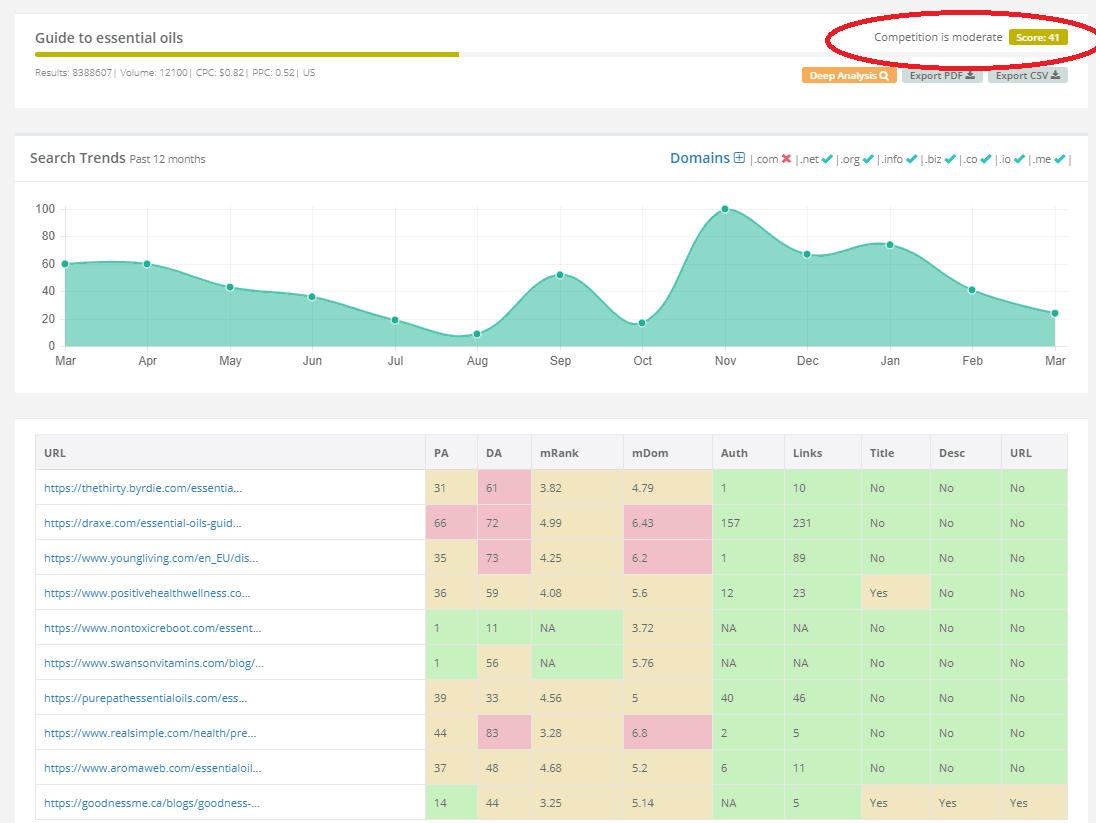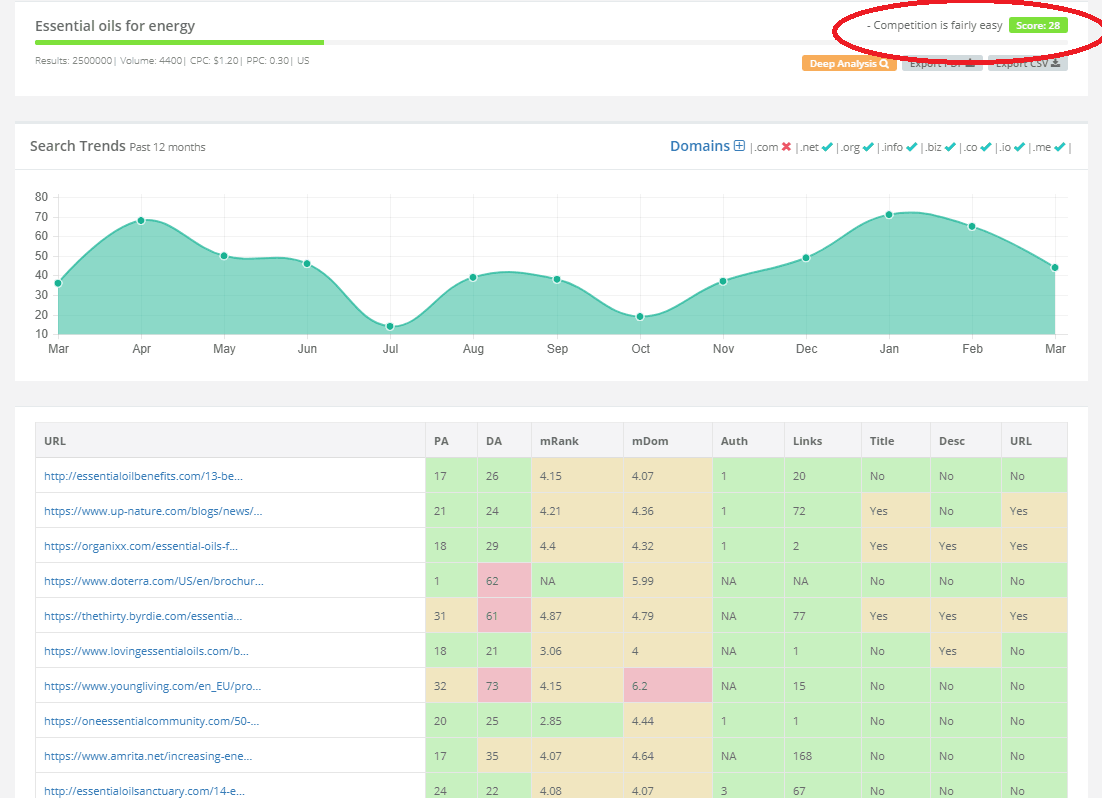
5 First Blog Post Ideas to Skyrocket Your Traffic from the Start
A lot of the info that you might see about first blog post ideas is outdated. A quick search showcases advice like “introduce yourself to your audience” or “tell them why you are blogging.”
I disagree with this, and here’s why: Aside from a few small exceptions, people are not coming to your blog to read about you.
Wait – then why are people visiting blogs?
People are going to visit a blog because they see a topic that they want to read about. Perhaps they are searching Pinterest for a workout, and they found one from your site. Or they have been struggling with how to get their kid to eat more veggies, and they stumble across a post in their Facebook feed you wrote about just that.
If you waste a ton of time writing a first blog post all about you, odds are the only people that will read it are your parents and close friends.
It sounds harsh, I know.
In the old blogging days, people did follow a lot of very personal blogs. These days, though, the market is saturated and it’s unlikely that you’ll build a successful blog if it’s all about you.
If you want to make money from your site, every post is an opportunity to start bringing in an audience. This includes the first blog post, which is why I recommend not writing about (only) yourself in your first post.
The exception, of course, is if you simply want to blog for the sake of blogging – if this is a hobby and you just want to write about yourself and your experiences. By all means, if that fits you, then do that. What I’m focused on here instead are sites that want to drive traffic and make money.
What should be in your first blog post
Your first blog post should be some type of content that solves a problem or helps your reader in some way.
I don’t want you to think that you can’t bring personality to your posts. Please do! There are tons of boring topic-based posts out there, and your writing style and weaving in personal connection will help you stand out for sure.
But that’s just it – you want to weave it into the post that helps your audience.
Here’s an example for a running blogger:
First Blog Post Idea That’s Not Great:
Let’s say you were planning to introduce yourself and share the workouts you completed for a week in your first blog post. You were going to name it “Introducing Chrissy + My Workouts This Week!”.
That’s very you-focused, and doesn’t really help your reader (nor does it work well from an SEO standpoint for Google and Pinterest).
First Blog Post Idea That’s Much Better:
Instead, maybe one of your workouts was a fantastic speed workout on the treadmill that week. You decide to put together a post titled “30 Minute Treadmill Speed Workout”. In this, you talk about why speed work helps you become a better runner, and you share your specific 30-minute speed workout. In addition, you include ideas for modifications for different levels.
In this case, you still include personal details and share your workout, but the focus is on the reader and how they can personally use this workout.
5 First Blog Post Ideas in the Health & Wellness Niche
Here are 5 types of first blog posts to give you inspiration on what to write, specifically if you’re in the health and wellness niche. These are the kinds of first blog posts that will help to start driving traffic, building authority in your niche, and (most importantly) helping your audience.
Also, even though this post is focused on first blog post ideas, these are the types of content that you should consider focusing on for all your posts. There are others too, of course, but these are great foundational suggestions.
1. List Posts / Tips Posts
People love lists, and particularly lists of easy-to-implement tips. This post itself is simply a list of first blog post ideas. The key is to go in depth with your list, and not just have a paragraph followed by 10 bullet points. Elaborate on each and every point in your list.
Let’s say your blog is all about mental health. You could have tips for dealing with stressful situations at work, tips for dealing with confrontation, tips for self care on a budget, etc.
Also, try to include practical, actionable advice as much as possible in these posts.
2. Workouts
If you’re a fitness professional, workouts are an excellent option to include on your blog. Workouts are useful for two reasons:
- Meet a search need – many people are looking for specific types of workouts on Google and Pinterest each day
- Aspirational – in addition to the direct searches, Pinterest users tend to be aspirational – saving items that they may use later; that fit new goals or resolutions. Workouts are an excellent type of aspirational content.
Ideally, incorporate photos or videos of proper form to make it more useful for the reader and increase engagement.
(PS – If you’re just getting started with a fitness blog, find a full guide on how to start your blog here.)
3. Training Plans
Similar to workouts, training plans can meet both traditional search queries and more aspirational Pinterest use. Training plans are great for more of an endurance fitness niche, like one that focuses on running, triathlon, and cycling.
For example, over at Snacking in Sneakers, my half marathon training plan is my most popular post when it comes to organic search traffic. Because I can see that data in my analytics, it helps me understand what my readers like and create other similar training plan content.
4. Recipes
Depending on your wellness blogging niche, incorporating healthy recipes might be a smart idea. Recipes meet an immediate user need. Think about it – if I’m googling to find a baked chicken recipe, I’m probably looking for something that I can use either that day or that week.
When creating recipes as a first blog post, think about your potential niche and what is appropriate for them. For example:
- If you blog about diabetes, for example, a focus on lower-carbohydrate recipes might be appropriate – maybe some cauliflower fried rice or low carb steak salads.
- If you blog about yoga, perhaps some lighter recipes and spa-themed recipes might be appropriate – like infused waters or smoothie bowls.
Tip: if you decide to include recipes, use a good recipe plugin for your site. This helps establish something called “structured data.” Google uses that to better “understand” your recipe and it helps it to rank higher in the search results. You can learn more about this in my post about SEO for food blogs.
5. Ultimate Guides
Ultimate guides specific to your blog’s niche are an excellent way of including helpful, long-form content for your audience.
What is long form content? Just like it sounds – it’s simply long posts. The reason to include this type of content is for two reasons:
- You can really help your reader with an in-depth guide to a specific topic.
- There’s evidence that posts with over 1000-2000 words will rank higher compared to shorter posts. (That said, those words must provide value – not just extra fluff – to achieve that benefit.)
If you’re going to create an ultimate guide for your blog, you can choose one of two different types:
- A cornerstone post on basic content. These will likely not rank well on Google because they’re quite competitive, but can be really helpful for interlinking on your blog and helping to establish you as an expert on a topic.
- A long form guide on niche content. These are generally much easier to rank for on Google, but you still want to pick keywords with decent volume.
I like to have most of my ultimate guide style posts fall into the second category, with a few select posts in the first. I find it easier to write with a more specific topic.
Here’s an example for a blogger focused on essential oils:
You can certainly do an ultimate guide to essential oils, but it’s very broad. If I check the keyword research software I use, KeySearch (affiliate link – if you sign up I make a small commission), for “guide to essential oils”, it comes up with a search volume of 12,100 and a keyword difficulty of 41:
Almost all of the results for that term on the first page of Google have a very high domain authority and most also have a high page authority. So it’s a post with a lot of searches, but it’s going to be difficult to reach the first page of Google as a new blogger – which means little organic search traffic.
Instead, I might consider getting more specific. How about an ultimate guide to essential oils for energy? The search term “essential oils for energy” has a volume of 4400 a month – still good – but only has a keyword difficulty score of 28:
There are several results on the first page of Google with relatively low domain authorities and page authorities, giving you a chance to outrank them when you publish a comprehensive post on the topic.
Since SEO take time, publishing this kind of content as some of your first blog posts will help you to drive traffic down the road as your site authority grows, you gain backlinks, and your posts move up in the rankings.
(PS – if you want to try out KeySearch to help you with your SEO for all your posts, you can use that affiliate link along with code KSDISC for 20% off.)
When to launch your first blog post
So you’ve gotten a great first post drafted using one of these ideas, and you think it’s ready to go. So when should you launch?
Right stinkin now, my friend. 🙂
There’s no reason to wait to publish a first post. You don’t necessarily have to share it with your Facebook friends or anything if you’re not ready or the site design isn’t ideal yet. But the earlier you get content out there, the sooner you start building a history with your site and the sooner you can get more traffic!
Good luck with your first blog post and be sure to share any comments/questions below.
Share with me: What do you think about these first blog post ideas? Do you disagree or agree about what to include in your first post?








8 Comments
Leo Harry
Hello this is Leo Harry. Always listen to your body, understand what is it asking for. Always be simple taking little exercise daily is better than going to a gym and the most important thing always go for a walk.
Samantha Therrien
Hi Chrissy, thanks for sharing such helpful tips! I’ve been going back and forth trying to decide what my first post should be about on my new wellness blog and this post Really helped provide some direction for me. I found this post from a google search and was delighted to see that you also live in MA – small world!
I’m curious if you would recommend including a disclaimer on a wellness blog as a dietitian, to caution readers that the information provided is not intended to be medical advice, etc.? Do you have any posts on this topic?
Thanks!!
Chrissy Carroll
Hi Samantha – sorry for the little bit of a delay here. I’m so glad you found the post helpful! Yes, as an RD I’d definitely recommend including a disclaimer. I have one on my website ‘disclaimer and privacy policy’ section, but I also add it to individual posts if I think there’s the need. I usually just say “Disclaimer: This information is for informational purposes only and should not be construed as medical advice. If you have any questions about your own nutrition plan, please consult your MD or RD.”
Samantha Therrien
Thanks so much for your reply. That’s very helpful!
Catherine Eitel
Thank you for this post! This was incredibly helpful, because it is specific and you have great examples to explain. I’ve searched thousands of searches on “first blog post” or “what to post first on your blog” and so on. This page is the most helpful by far.
Instagram/catherine.eitel
Chrissy Carroll
I’m glad you found it helpful Catherine! I hope your blog is going well. 🙂
Moya Anne
lovely post and helpful. Thank you 🤍❤️
Sharon
Hi. I am an artist that was looking for art topics to blog when I came across your post. I think Inwill find some of your tips helpful even for my own genre. Thank you for sharing.